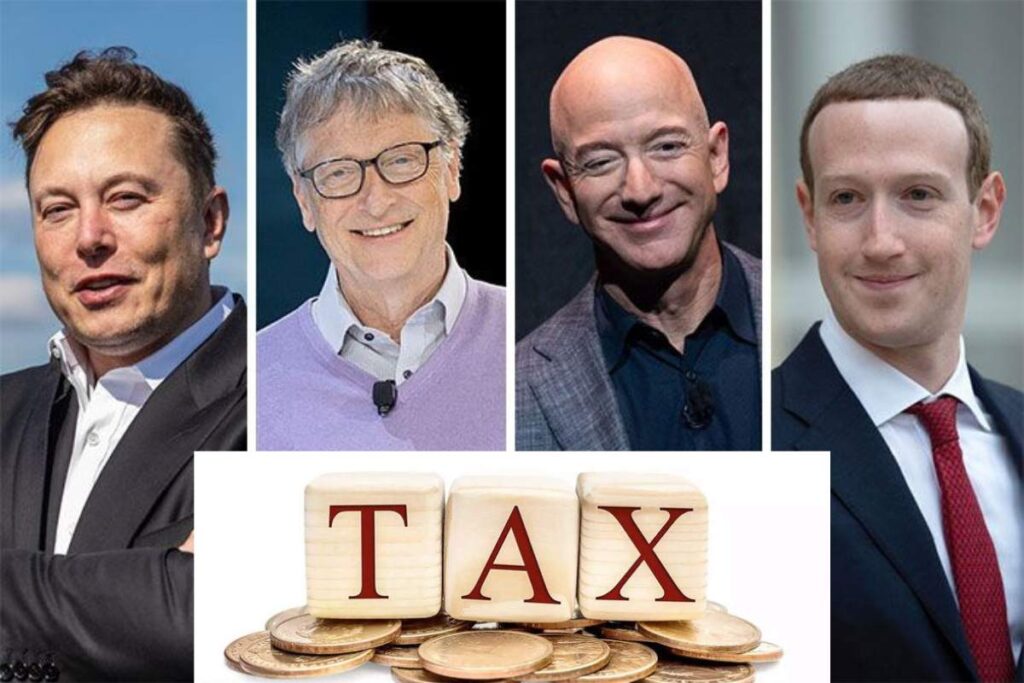The powerful CEO of JPMorgan Chase, Jamie Dimon, has expressed a strong preference for implementing the “Buffett Rule” to tax millionaires and address the nation’s mounting debt. However, the wealthiest citizens may not welcome his plan to lower the $35 trillion national debt in the United States.
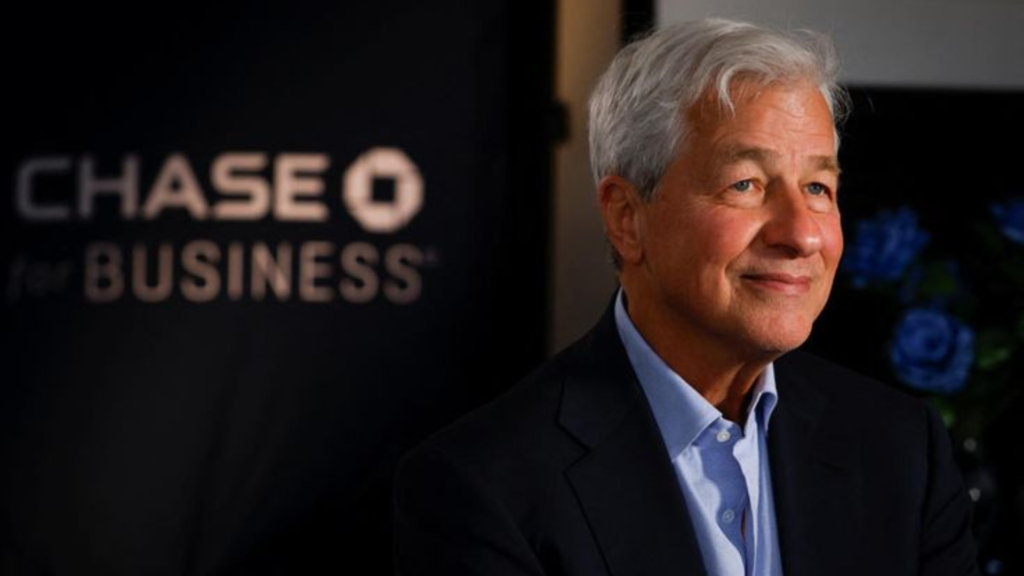
This proposal, named after billionaire investor Warren Buffett, aims to guarantee that the wealthiest individuals pay their fair share of taxes. Dimon believes this strategy may be essential to lowering the national debt and creating a more equitable tax system.
What Is the Buffett Rule of Investing?
The foundation of Buffett’s Rule of Investment is Buffett’s philosophy of long-term value investing. Buffett recommends investing in businesses with excellent fundamentals, competent management, and long-term growth potential rather than chasing rapid gains.
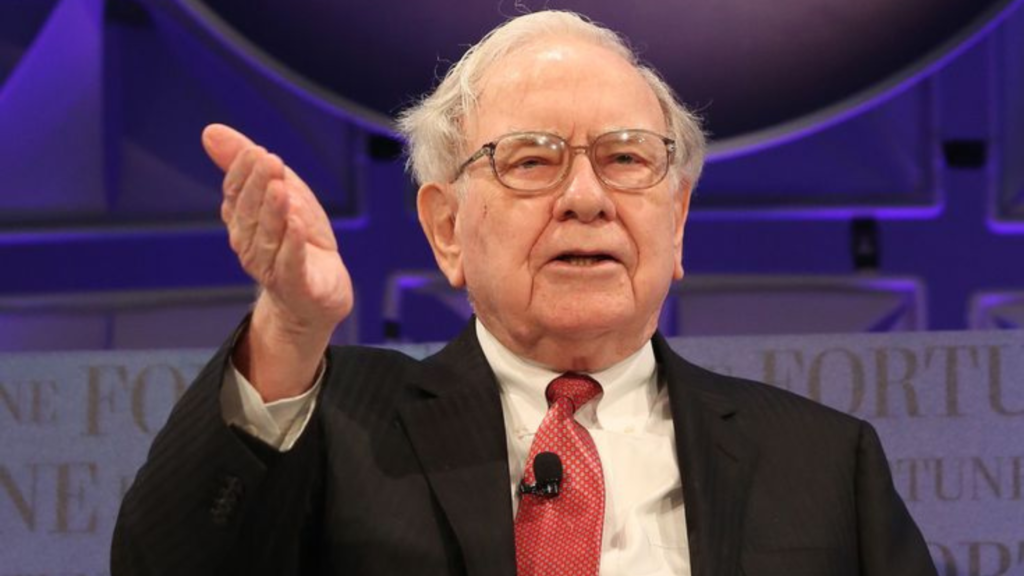
This strategy strongly emphasizes discipline, patience, and a deep understanding of the companies one invests in. The Buffett Rule of investing, which prioritizes value over ephemeral market fluctuations, has become a cornerstone for many prosperous investors worldwide.
What Is Rule #1 of Buffett?
Warren Buffett’s Rule #1 is simple but effective: “Never lose money.” This rule emphasizes the importance of protecting your capital and avoiding high-risk investments that can result in significant financial losses. According to Buffett, reducing losses and gaining money is the secret to successful investing.
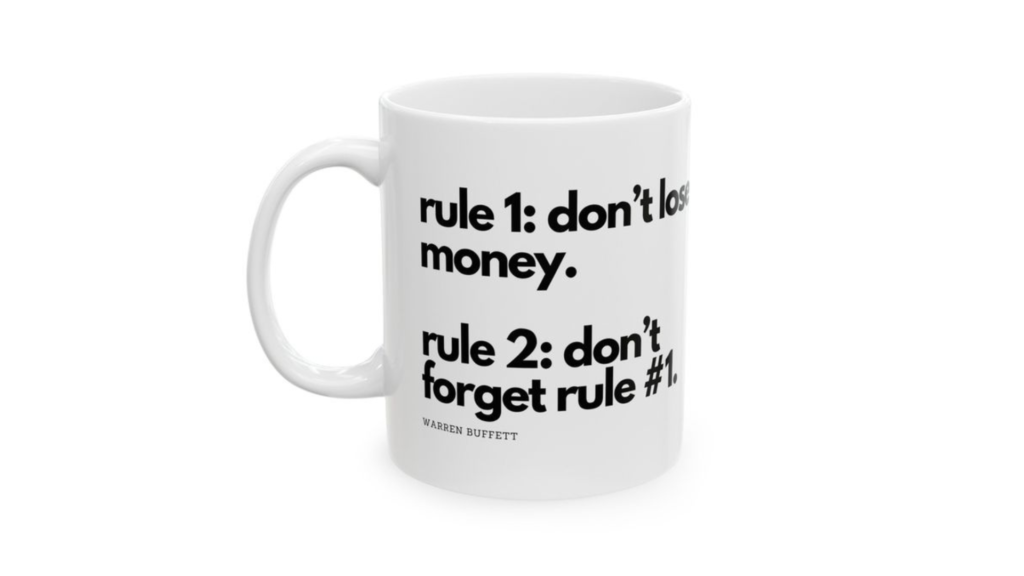
Over many years, this conservative strategy has enabled him to amass enormous wealth. Investors can concentrate on making wise choices that protect their capital over time by following this rule.
ALSO READ: Beyond Riches: Warren Buffett Reveals the One Thing More Valuable Than Money
What Is the Buffett Rule?
The Buffett Rule states that no household earning more than $1 million annually should pay a smaller share of their income than middle-class families. This rule goes beyond investing principles to address tax policy. This rule suggests that, compared to middle-class Americans, wealthy people, especially millionaires, should pay a more significant proportion of their tax income.
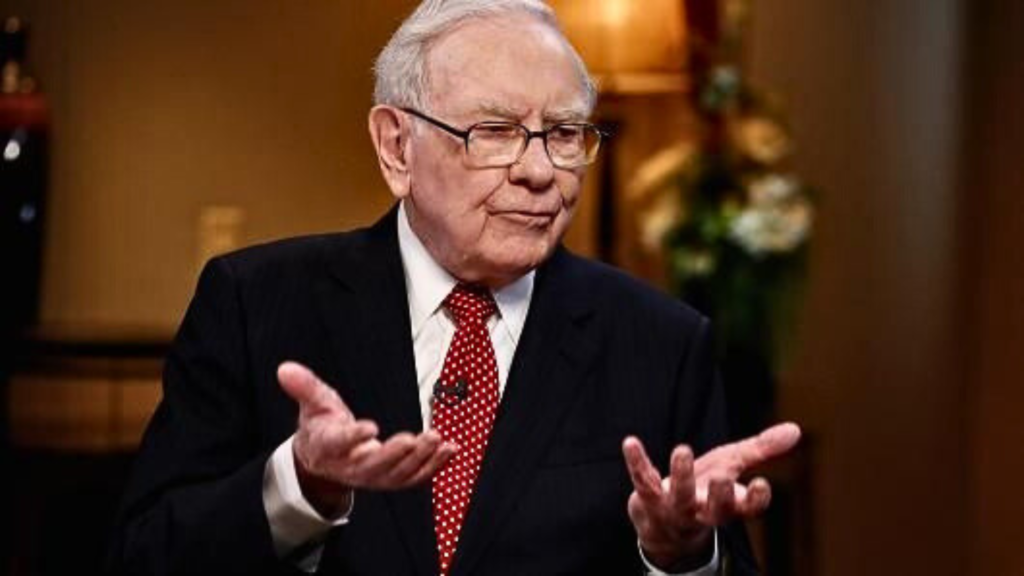
The rule was created because the CEO of Berkshire Hathaway frequently mentions that he and his secretary, Debbie Bosanek, pay the same percentage share of income tax. Buffett has drawn attention to the injustice of having a lower tax rate than his secretary. To address this, the Buffett Rule ensures that the richest people pay a larger share of the nation’s taxes, which lowers the national debt.
What Is the Buffett Approach?
The Buffett Approach is characterized by its focus on long-term value, ethical practices, and a deep understanding of the companies and industries in which it operates. This applies to both investing and business management.
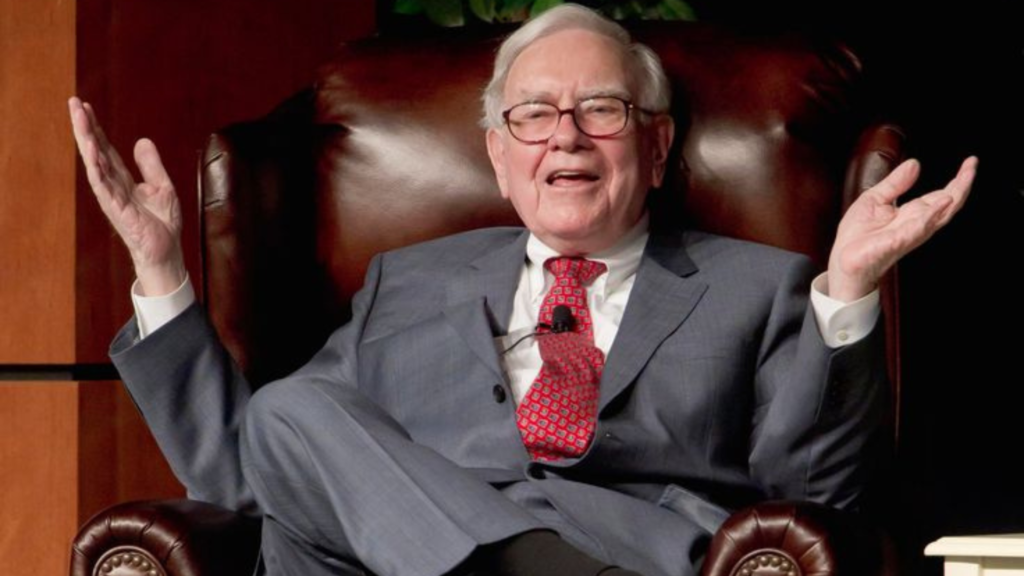
Buffett’s investment approach involves avoiding speculative or high-risk ventures, keeping investments for the long term, and investing in businesses with solid foundations. Because of his approach, he is among the all-time great investors and an inspiration to others wishing to accumulate long-term riches.
How Does the Buffett Rule Impact Millionaires?
The Buffett Rule suggests a minimum tax rate for anyone making more than $1 million a year, a direct attack on millionaires. The intention is to prevent the wealthiest Americans from paying lower taxes than middle-class families through deductions and loopholes.

The Buffett Rule might generate substantial revenue for the government by requiring millionaires to pay their fair share. This revenue could then be used to pay down the national debt and support vital public services.
Social Security Tax and Federal Income Tax Inequities Persist
The maximum taxable income in 2024 is $168,000. The social security tax rate stays at 7.65% for employees and 15.3% for self-employed individuals. Due to this cap, higher earners pay a smaller percentage of their income.
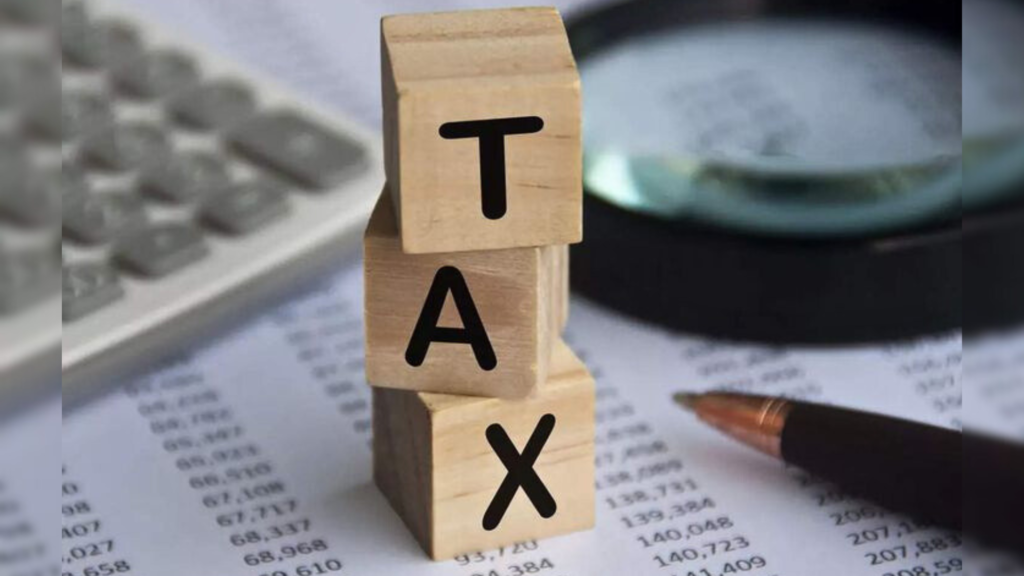
Additionally, IRS data highlights persistent tax system disparities by demonstrating how federal income tax rates vary across income percentiles, with the top 1% paying 26% and the bottom 50% paying only 3.1%.
Tax Burden of Wealthiest Americans Revealed to Be Much Lower Than Reported
A White House report revealed that the 400 wealthiest families in the United States only paid 8.2% of their income in taxes, mainly due to capital gains tax loopholes. According to a study by the National Bureau of Economic Research, the top 1% of the income distribution in 2006–2013 increased by 50%, which increased the top 1% of fiscal income share by about 1% point.

This shows more income than was previously estimated, indicating that tax evasion among them is greatly underreported. According to recent IRS data, the richest 1% of taxpayers paid 25.9% in taxes, while the lowest 50% paid 3.3%.
Why Is Jamie Dimon Supporting the Buffett Rule?
Jamie Dimon feels the present tax system is unsustainable and unfair, so he supports the Buffett Rule. As the CEO of JPMorgan Chase, Dimon is aware of the dangers associated with a growing national debt and the significance of a stable economy.
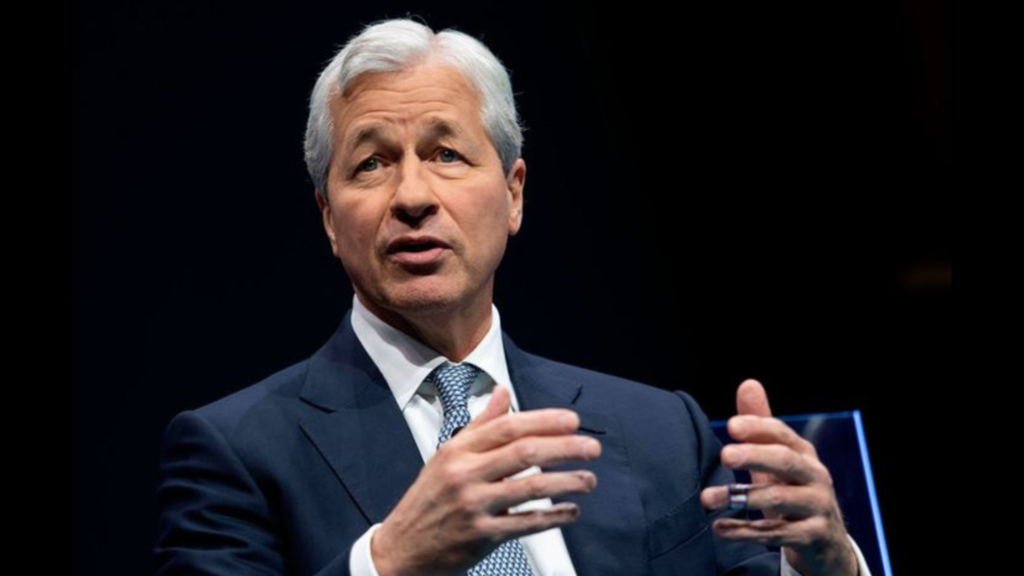
By supporting the Buffett Rule, Dimon argues for a more equitable tax structure that guarantees the wealthiest citizens contribute more to the country’s finances. He contends that this is essential to the long-term viability of the American economy.
ALSO READ: Warren Buffett’s T-Bill Holdings Surpass Those of the Federal Reserve
How Does the Buffett Rule Address the National Debt?
The Buffett Rule presents a viable way to address the urgent problem of the nation’s debt. Increasing taxation rates for millionaires under the rule may bring in more money for the federal government. The national debt might then be paid down with the proceeds, reducing the financial burden on future generations.
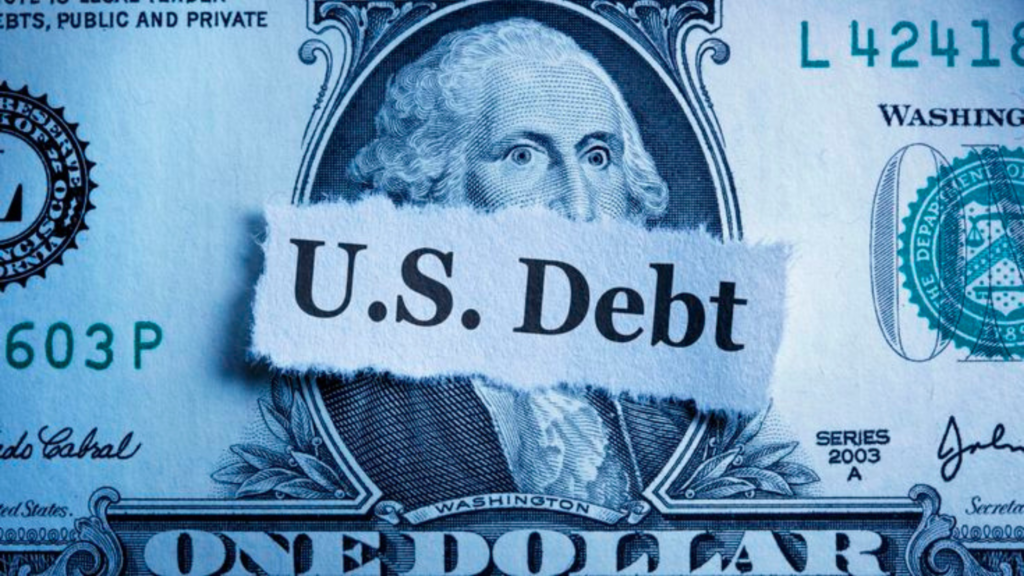
Even if the Buffett Rule alone might not fully address the debt issue, it is a big step toward responsible spending and stable economic growth.
How Does the Buffett Rule Align With Jamie Dimon’s Views on Taxation?
Jamie Dimon, CEO of JPMorgan Chase, has long advocated for a more equitable and balanced tax system. His broader views on taxation, which emphasize fairness and fiscal responsibility, align with his support for the Buffett Rule. Given the growing national debt, Jamie Dimon thinks the wealthiest should contribute more to the nation’s finances.
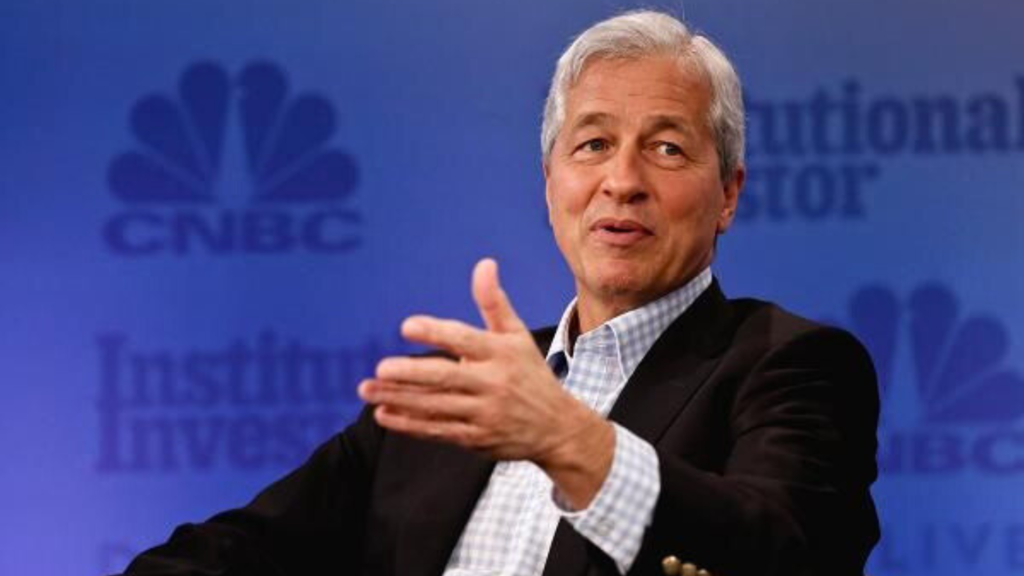
Dimon supports a tax law demonstrating his commitment to social justice and economic stability by supporting the Buffett Rule.
How Could the Buffett Rule Affect Cash Reserves in Major Companies?
If the Buffett Rule leads to higher taxes on millionaires and high-income executives, it could affect how major companies manage their cash reserves. Businesses might seek to adjust compensation structures or explore different financial strategies to lessen the impact of higher taxes.
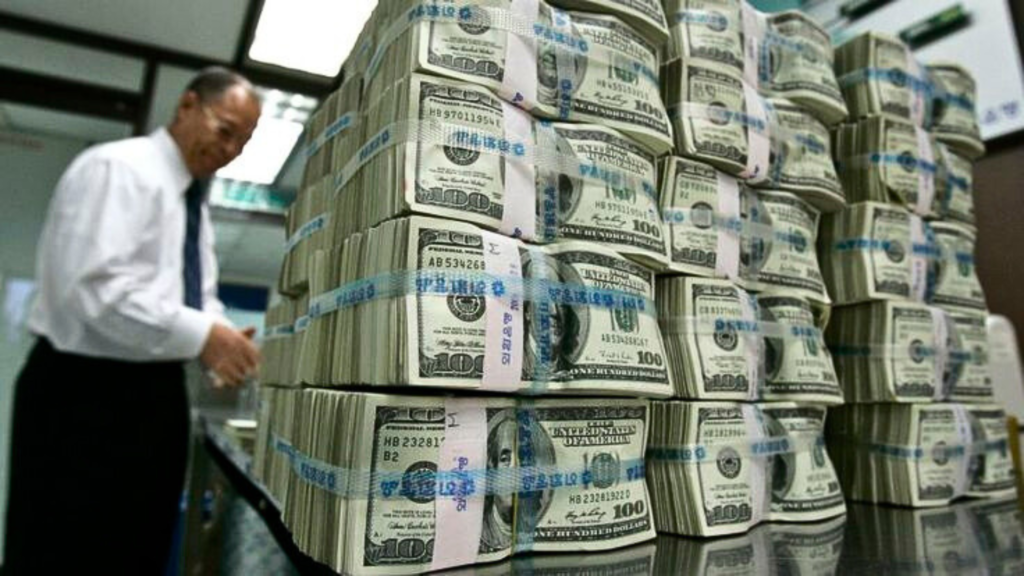
The Buffett Rule may directly impact cash reserves, but its more significant effects on corporate finance may cause organizations to reevaluate how they use their resources and make long-term plans.
You Might Also Like:
Wizz Air Introduces $550 ‘All You Can Fly’ Annual Subscription Pass
World’s Largest Steelmaker Warns of an Imminent Industry Crisis Worse Than 2008
Starbucks Awards Incoming CEO Brian Niccol $85 Million in Cash and Stock as He Leaves Chipotle
Once the Richest Town in America, Now Half of This County Lives in Poverty
Cisco to Cut 7% of Workforce Despite Beating Quarterly Earnings and Revenue Expectations

